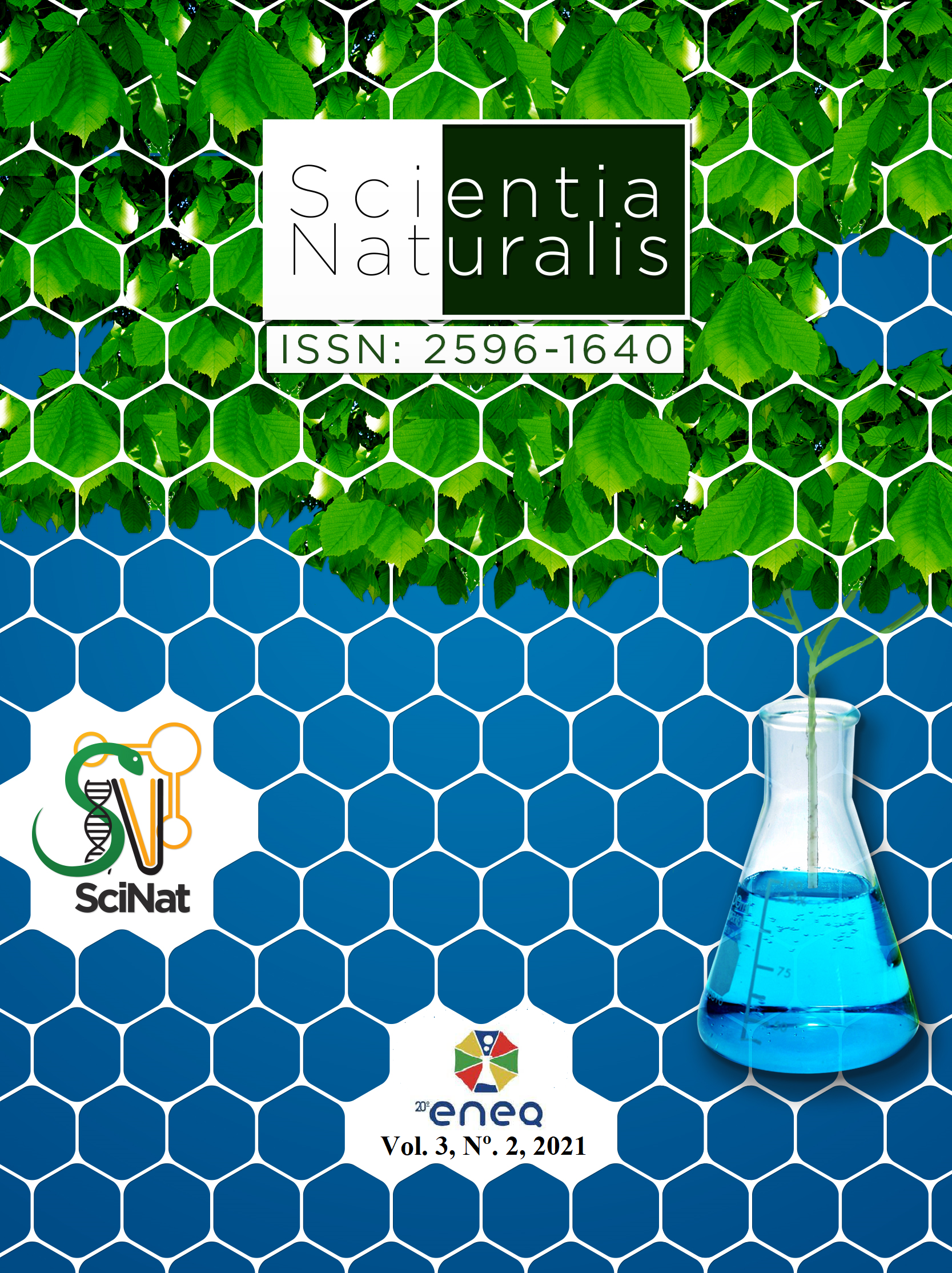Experimentation in chemistry teaching: an analysis of the ENEQs of the last decade
DOI:
https://doi.org/10.29327/269504.3.2-17Abstract
Experimentation is essential to assimilate theoretical content. Through it, abstract concepts can be brought to reality, providing a better interconnection of knowledge obtained in the classroom and everyday life. In this sense, this research presents how experimentation has been approached in the teaching of chemistry since the last five editions of the ENEQ. For that, it was used as a criterion to select all the works that discussed the experimentation in the general context. A total of 192 complete works were obtained, which were analyzed in the light of the methodology adapted from Moraes. The results show that investigative experimentation is the most used in teaching chemistry, followed by experimentation that relates chemistry to focus (CTS). Finally, it is clear that it is necessary to reflect on the use of experimentation and other ways that make it accessible to everyone.




